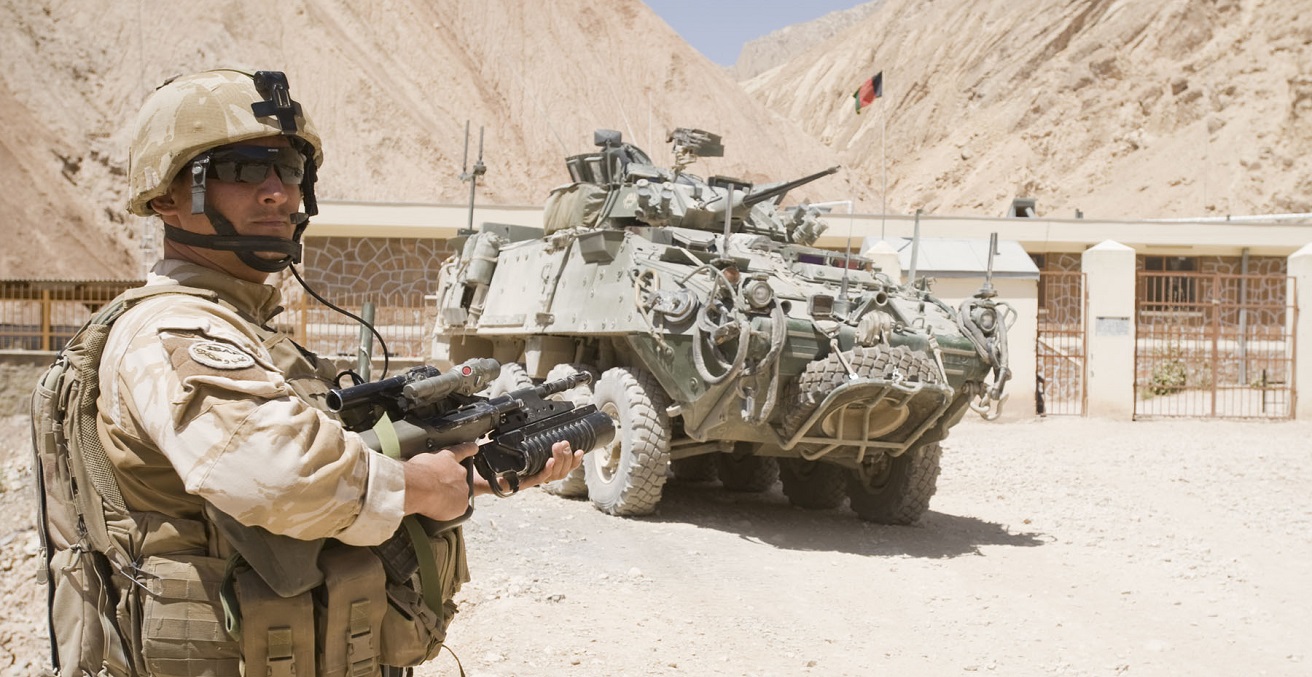In a daring operation in war-ravaged Afghanistan, the Indian Embassy in Kabul said that three of its engineers had been airlifted from a dam site in an area not under the Afghan government’s control.
“A recent case that required emergency air rescue of three Indian Engineers who remained at a Dam project site, in an area not under the control of government forces, has brought to light that Indian nationals receiving this Embassy’s advisories are not heeding its advice and continue to put themselves in mortal danger,” the diplomatic mission said in a statement.
It further urged its nationals to fully comply with the measures specified in the security advisories provided by the embassy.
The diplomatic mission also drew attention to Indian media workers arriving in Afghanistan for ground reporting.
“It is therefore advised that members of the Indian media should take additional security measures for their stay and movements inside Afghanistan including tying up of interviews and planned coverage before arrival in Afghanistan, as well as identifying well-established security logistic firms who can make necessary security arrangements for stay and movement of the journalists,” the statement read.

Meanwhile, the Taliban have captured 15 of 34 Afghan provincial capitals including Kandahar, Herat and Pol-e-Khomri in a spate of one week.
The militant offensive began simultaneously in northern and southern regions, while the Taliban and government delegations were preparing for the next round of peace talks in Doha.
Fierce battles were fought on Thursday night for control of Kandahar and Herat – the two largest cities after Kabul – in the south of the country.
As Taliban Seizes Power, China Poised To Make ‘Big Gains’ In Afghanistan
In the north, the Taliban captured Pol-e-Khomri, which is located near the strategic Kotal-e Salang Pass linking the northern part of Afghanistan with Kabul. Early this week, the militants captured the city of Kunduz, the so-called gateway to Central Asia.
Fighting continues in the north for Mazar-i-Sharif, the fourth-largest city in Afghanistan and the provincial capital of Balkh. In the event of its fall, the government seated in Kabul will be cut off from neighboring Uzbekistan.
As of Friday, Taliban militants have occupied most of the key provinces and largely control the territories bordering neighboring states.
Thousands of people are fleeing to Kabul from northern provinces, while the United States, the United Kingdom and Canada have decided to evacuate their citizens and diplomatic personnel from the Afghan capital.
The violence in Afghanistan has been on the rise since foreign troops began withdrawing from the country. The Taliban have managed to overrun a significant chunk of the country’s rural areas and several provincial capitals.
The brunt of the hostilities is borne by the civilian population, as casualties continue to mount and many are fleeing their homes in face of the militants’ advance.




